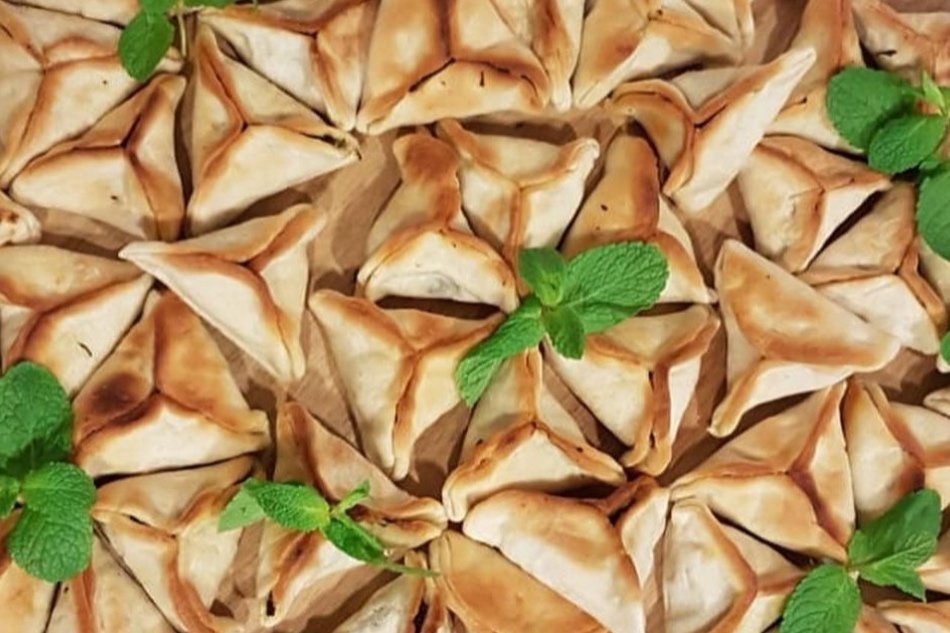
Syrian Chef
Majeda
Majeda, a former architect, describes herself as a chef, human rights and feminist activist. Majeda was forced to move from her home Syria to London in 2017 after being imprisoned because of her powerful human rights work.
‘Since I arrived in London I have used my food as a way of bringing people together and raising awareness about the effects of the war in Syria on its civilian population, a cause which is very important to me’.
Syrian Sunflower is a combination of both Syrian flavours and activism, it is a social enterprise which helps bring people together through the universal language of cooking and good. Mejeda started it as not only a project of advocacy but also as a way to meet people. Moving to London meant that she had not seen her children for two years when she began Syrian Sunflower.
Mejeda shares her cultural identity with a variety of communities by teaching Syrian cuisine. Majeda began by hosting cooking classes which also aim to raise awareness about the human rights violations happening in Syria. ‘The classes were a place to speak to people and doing this gave me peace because I was able to contribute something. I started with small groups of Syrian ladies and as my English improved I worked with other nationalities. I wanted to break the negative stereotypes of refugees, to challenge what is portrayed in the media’.
Majeda also hosts supper clubs, some at the acclaimed Darjeeling Express in Covent Garden, and events which help to raise money for charities supporting relief efforts. ‘I am passionate about engaging my guests and clients to increase awareness of the situation in Syria’. Majeda worked with the charity Migrateful which helped to support hundreds of vulnerable adults and children by providing free meals, Majeda herself cooked over 100 free meals a month.
‘I cook traditional Syrian food for various occasions, depending on the event. Finger food menus, vegetarian, vegan. It’s flexible. You can make the same dishes without meat. Syrian food uses a lot of yoghurt, but we can substitute this for tomato sauce, for example. I teach people about the history of traditional Syrian cuisine, how it is influenced by different countries. One of the traditional Middle Eastern ingredients is freekeh, durum wheat which is cooked and prepared to reveal a fresh green grain. It has a lovely smokiness when it is roasted’



